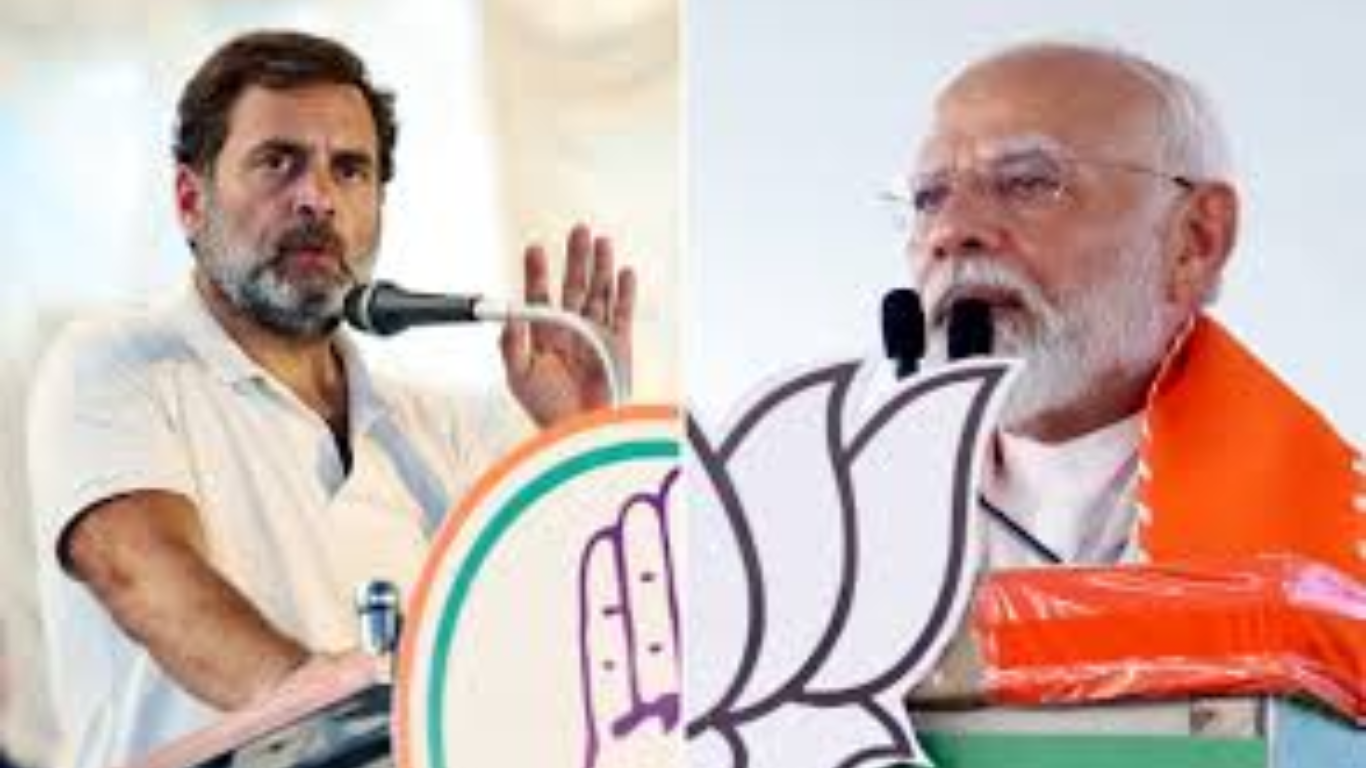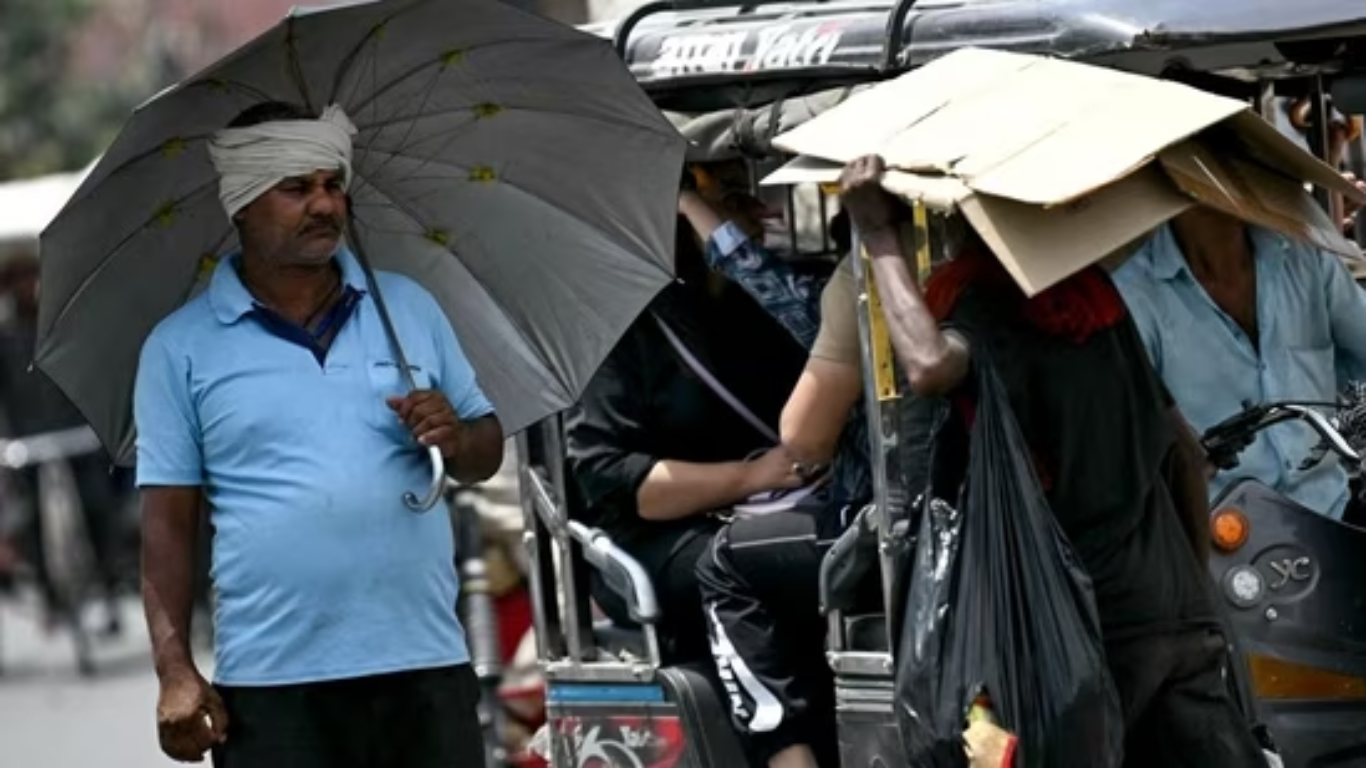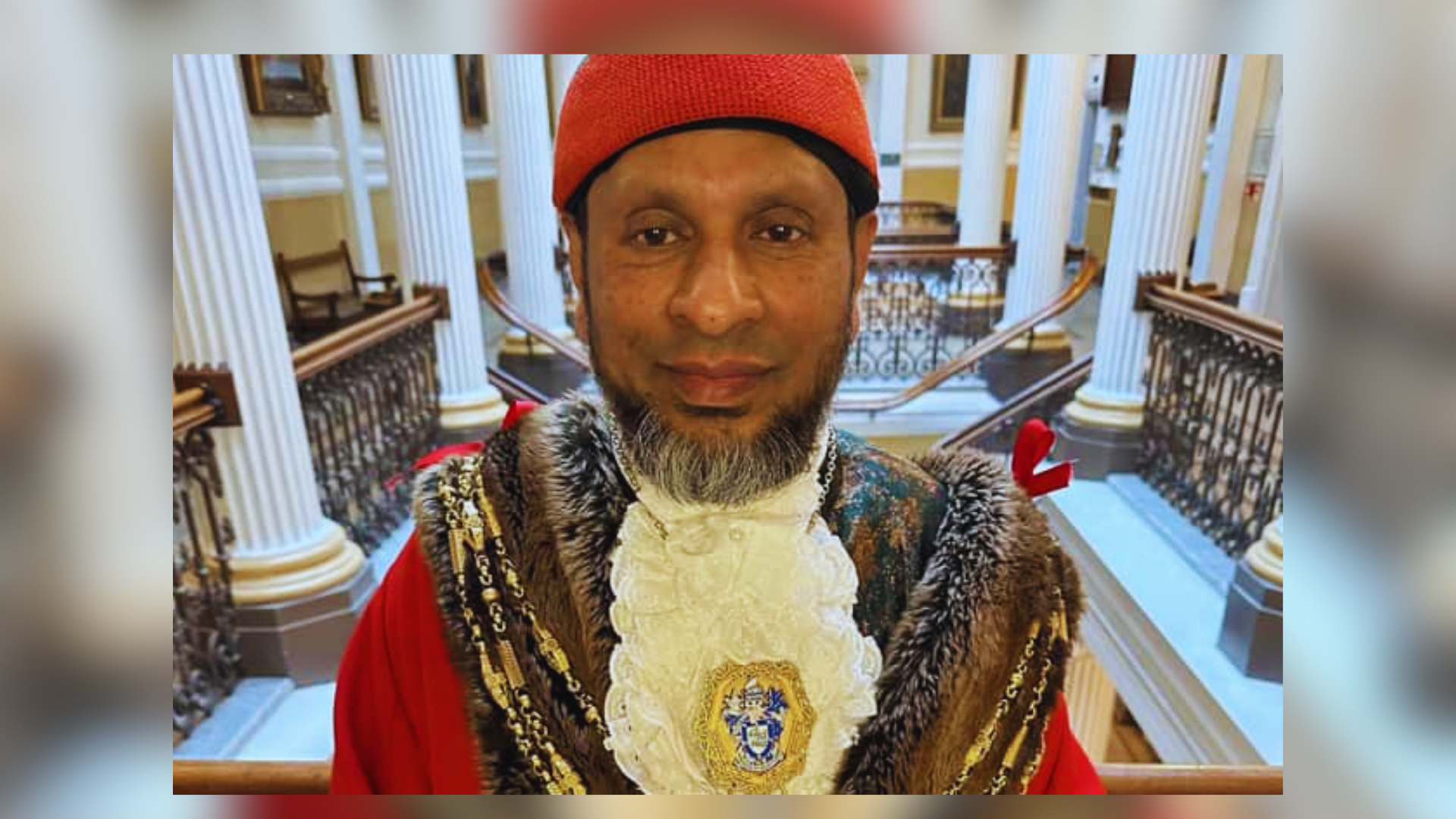






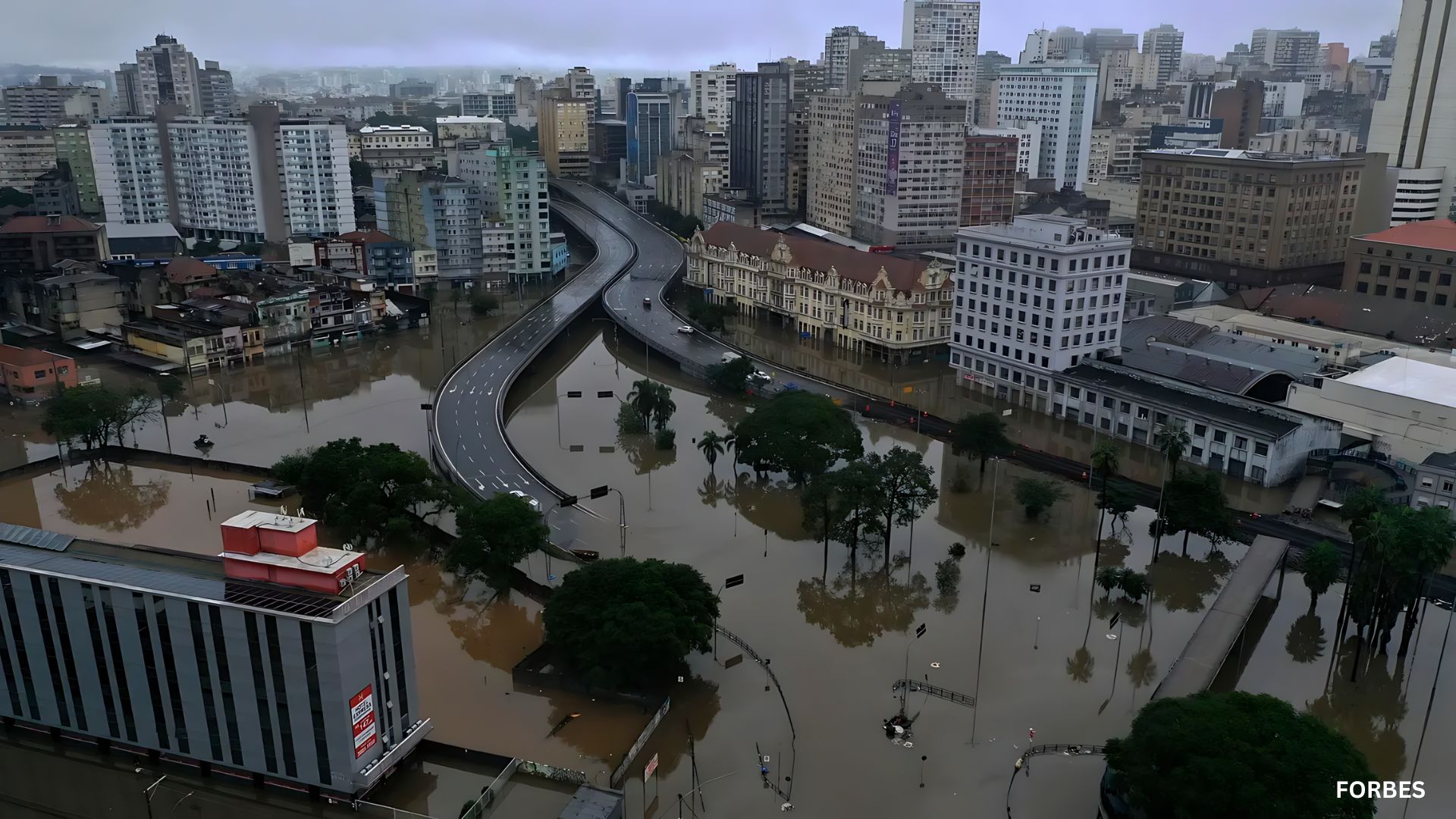
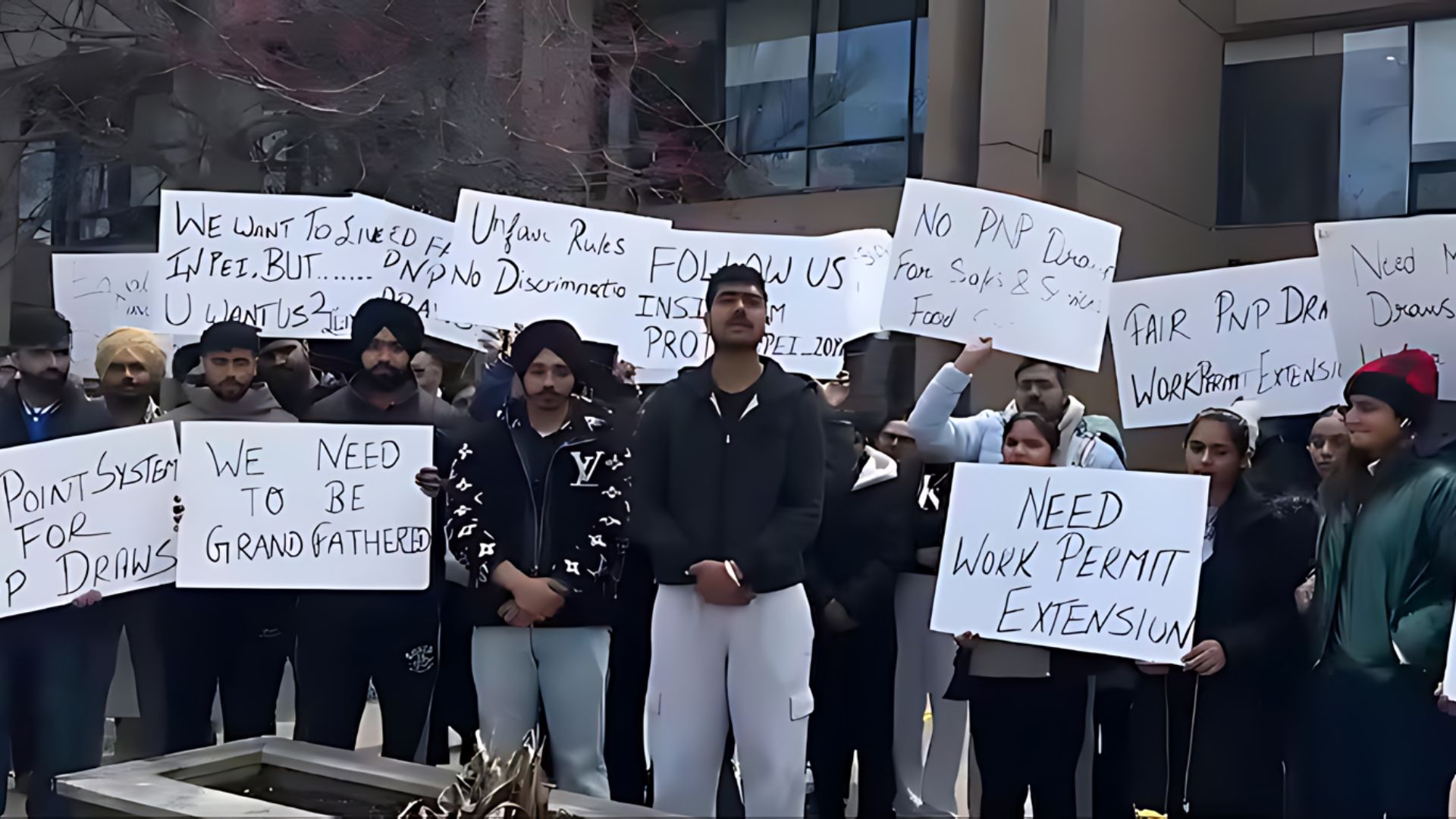
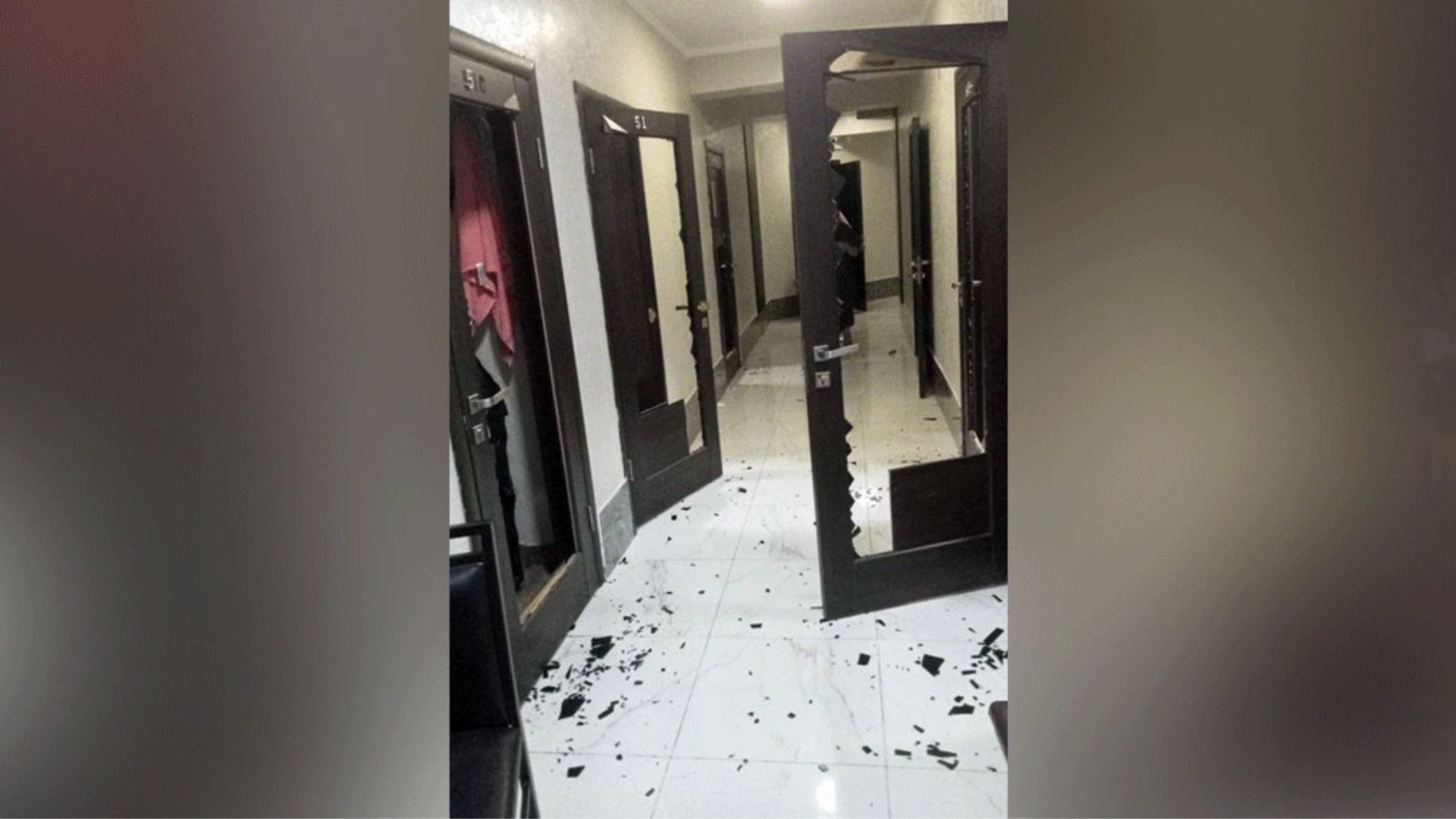

Ever since President Vladimir Putin announced a partial military mobilisation on Wednesday, which could see 300,000 people called to battle, lines have built up at border crossings.
Reports of males of combat age running away, according to the Kremlin, are overstated.
However, miles-long lines of vehicles, including men trying to flee the fighting, have formed along the Georgian border.
Some people travelling into the neighbouring nation have gotten around traffic jams and a rule prohibiting pedestrian crossings by using bicycles.
One of these individuals, who wished to remain unnamed, told Nina Akhmeteli of the BBC that he had been waiting since Thursday at 9:00 local time (05:00 GMT), and that he had finally crossed over toward the end of the day.
Another man described a 12-hour wait and stated that he left Russia to finish his studies due to the partial mobilisation.
One of the few nearby nations that Russians can visit without a visa application is Georgia. Visas are required for travel to Finland, which is located 1,300 kilometres (800 miles) from Russia. Finland also recorded a spike in traffic throughout the course of the night, but said it was still at a tolerable level.
After the military call-up was issued, ticket costs for other places that are reachable by plane, including Istanbul, Belgrade, or Dubai, skyrocketed, with some places selling out completely. The price of remaining flights to non-visa locations can run into the thousands of euros, according to Turkish media reports on a significant increase in one-way ticket sales.
The interior minister of Germany said on Thursday that her nation would welcome Russians who were trying to avoid the draught.
Departures threatened by “extreme repression,” according to Nancy Faeser, would be protected after security checks on an individual basis. Taking a contrasting stance, Lithuania, Latvia, Estonia, and the Czech Republic declared that they would not provide asylum to Russian refugees.
The response to Russia’s military mobilisation has been exceptionally intense.
When discussing the call-up in its morning briefing on Wednesday, the UK Ministry of Defense stated that the mobilisation “is likely to be immensely unpopular with elements of the Russian public.”
“Putin is taking a significant political risk in the hopes of building up urgently need fighting strength. The action is essentially an acknowledgment by Russia that there are no more willing volunteers to fight for it in Ukraine “It read.
The defence intelligence update stated that even if successful, difficulties would still exist and it was unlikely that fresh forces would be prepared for battle for several more months.
Russian officials maintain that the call-up won’t amount to widespread conscription because it will only include people who have already served their military obligations.
However, there is rumour that the military mobilisation may be greater than officially reported within Russia.
Vladimir Putin’s proclamation reportedly has an additional paragraph that has been classified and kept secret, according to the independent newspaper, which relocated its operations to Europe in response to a post-war crackdown on the media.
Citing an unidentified government source, the newspaper claims that the secret clause permits a call-up of up to a million individuals rather than the previously mentioned 300,000.
Read more: PM Modi to visit Japan next week to attend Shinzo Abe’s state funeral

